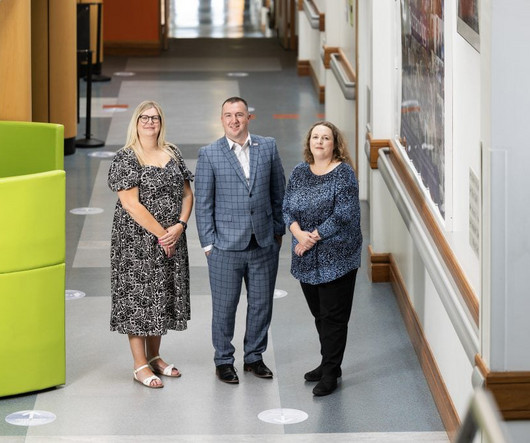Professionalism in the Workplace: Building a Positive Environment
HR Digest
AUGUST 29, 2023
It involves treating colleagues, superiors, and subordinates with respect, maintaining ethical standards, and striving for excellence in all tasks. Enhanced Teamwork and Collaboration Professionalism encourages open communication, active listening, and mutual respect among team members.
















Let's personalize your content